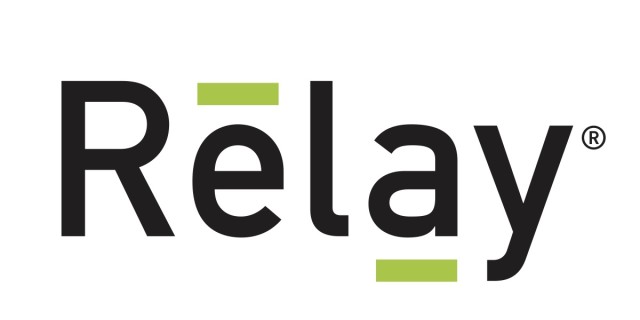Kickstarter announced this week that it would henceforth do business as a Public Benefit Corporation rather than a traditional incorporated company.
“Kickstarter is excited to join a growing list of forward-thinking organizations — like Patagonia and This American Life — that have taken the big step to become a Benefit Corporation,” the company said in a statement. “While only about .01% of all American businesses have done this, we believe that can and will change in the coming years. More and more voices are rejecting business as usual, and the pursuit of profit above all.”
The benefits of being a benefit corporation are mostly in one’s conscience, said Nate Heasley, founder and executive director of Goodnik, a startup that helps match nonprofits with the services they need.
“There are no tax breaks or other business advantages that benefit corporations have over standard for-profit companies,” the Park Slope resident explained. “And it is slightly more complicated to create and maintain a benefit corporation than it is a standard for profit company. The advantages are largely karmic, really: a general perception in the marketplace as being a ‘good corporate citizen’ which may attract more attention from the press, more customers who are supportive of a particular cause, or perhaps better relationships with other business partners who are also part of the benefit corporation community who want to support other benefit corporations.”
As Kickstarter said, few companies share the Benefit Corporation, or B Corp, structure, but more and more are entertaining it. What the B Corp status allows a company to do is to put social good at the same level, or even above, profit making.
Last year, Technical.ly Philly published a really great explainer of benefit corporations, called “What’s a B Corp and why does it matter?”
B Corps are really for-profit companies with social consciences, which have voluntarily adopted rigorous standards of social and environmental performance, accountability and transparency.
We are excited to see @kickstarter join the ever-growing @BCorporation family: http://t.co/XGDc72bdR4 pic.twitter.com/94EvOKTHGt
— Patagonia (@patagonia) September 21, 2015
Kickstarter joins its fellow Brooklyn behemoth, Etsy, as one of the largest B Corps in the country.
The news has been met with much celebration. New York-based venture capitalist Albert Wenger, who has been a champion for B Corps, lauded the move in his blog.
“Kickstarter is the first venture backed business that is profitable and has achieved scale that has converted,” he wrote. “I look forward to many more venture backed businesses choosing this path!”
Heasley said the move should produce dividends both ethical and maybe financial down the line.
“Hopefully it means that they will incorporate social responsibility more closely with their day-to-day business, including finding ways of supporting specific social causes through greater corporate philanthropy, and creating more socially beneficial ways their platform is used, as well as strengthening internal corporate social responsibility policies,” he explained. “For investors, this may mean a lower rate of return as profits become less of a priority than the companies social impact and its perception in the marketplace as a good corporate citizen. In the long run though, provided Kickstarter lives up to its own aspirations of having a positive social impact, it should see rewards both financial and karmic.”
As we’ve pointed out before, however, what makes a B Corp a B Corp is fairly opaque. Former Technical.ly Brooklyn lead reporter Brady Dale broke down an earlier B Lab certification for Kickstarter last December:
In the end, once you dig into these numbers, all you can really understand about a given company is that B Lab thinks it meets the standards of a benefit corporation. If you want to assess that for yourself, you really can’t.
Before you go...
To keep our site paywall-free, we’re launching a campaign to raise $25,000 by the end of the year. We believe information about entrepreneurs and tech should be accessible to everyone and your support helps make that happen, because journalism costs money.
Can we count on you? Your contribution to the Technical.ly Journalism Fund is tax-deductible.
Join our growing Slack community
Join 5,000 tech professionals and entrepreneurs in our community Slack today!
